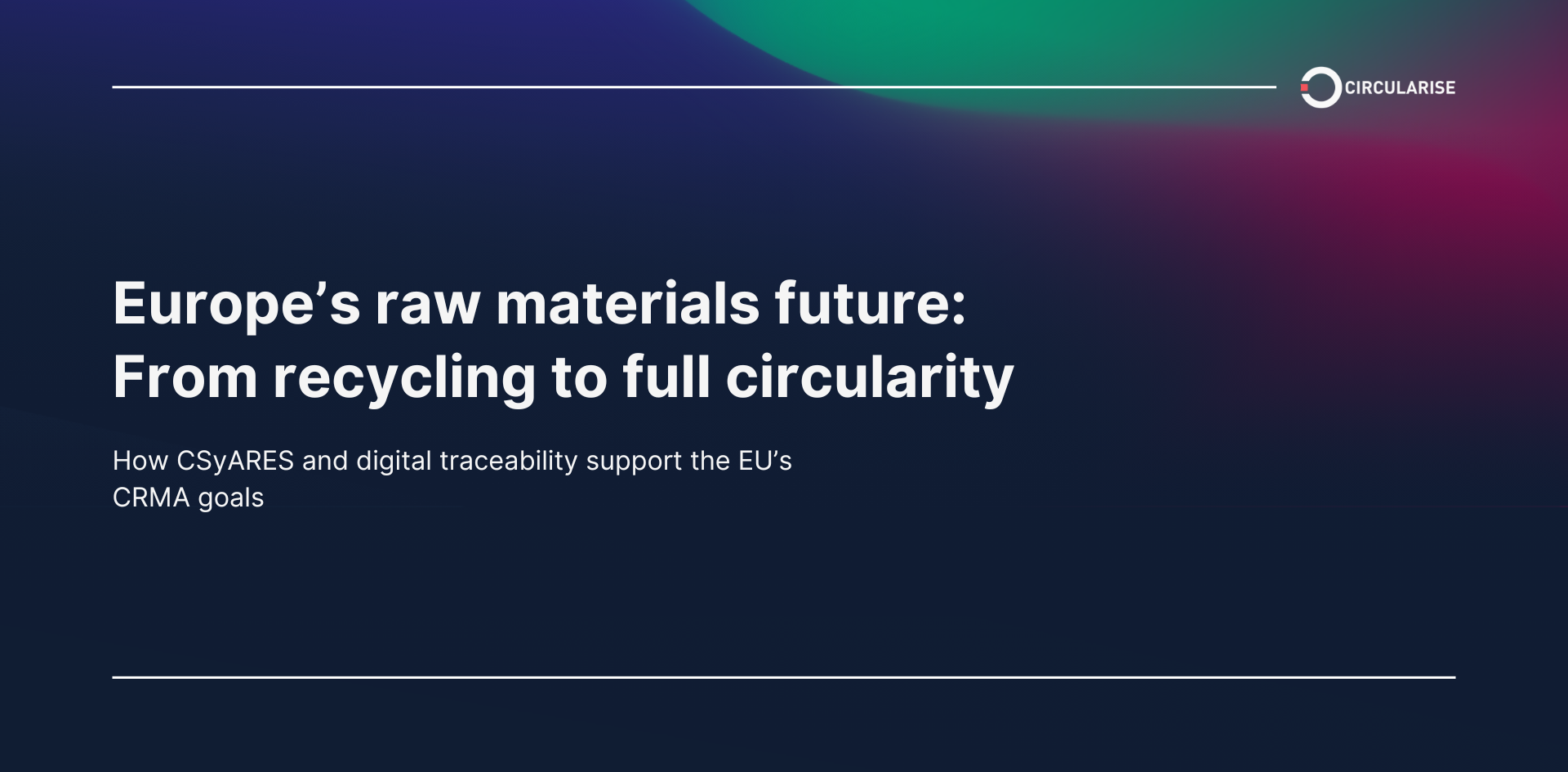This article is Part 2 of a 3-part series on greenwashing. Read Part 1 and Part 3.
As consumers, investors, and regulators get more committed to keeping organisations accountable, more greenwashing lawsuits are being brought against companies in both state and federal courts. Some cases have even garnered international infamy, bringing on multiple suits in different countries and costing companies huge losses. We now look at some examples of greenwashing in various sectors, and the subsequent consequences these companies faced as a result.
In Part 1, we examine the definitions of what a sustainability claim is and the current state of greenwashing. Part 2 covers some high-profile greenwashing cases in various sectors and details the negative consequences and legal risks these companies faced, while Part 3 explores the new regulations being drafted and enforced around sustainability claims, and talks about how companies can prevent greenwashing.
The greenwashing hall of shame
Greenwashing in finance: Deutsche Bank
In 2022, Deutsche Bank came under investigation for investment fraud within DWS, which manages about €928 billion ($994 billion) in assets1. Allegations that investors were misled about its "green” investments led to police raids, where evidence was collected that ESG factors had not been taken into account at all in many of the investments.
Several consumer groups have also filed suits against the bank for claiming that the DWS Invest ESG Climate Tech fund does not invest at all in sectors such as coal, but stated in other materials that “the fund holdings could include up to 15% of revenue from that industry.”
DWS reported a 23% decrease in its net profit for 2022, partly due to planned transformation costs and legal expenses. As investigations continue, it remains to be seen what fines and penalties the courts will impose on the German bank.
Greenwashing in electronics: Samsung Electronics
Samsung is a leading electronics company that has recently unveiled new plans to achieve both direct and indirect net zero carbon emissions by 2050, but has been called out on many instances of greenwashing.
Having previously pledged to power their global operations with 100% renewable energy by 2020, only 20% of their operations are currently running on renewable energy, while the other 80% still relies heavily on electricity generated by burning fossil fuels. Samsung’s affiliates have also been financing and coordinating coal power plants in Vietnam for years, even though their financial units promised to end coal finance in 2020. In the same year, they reported that their greenhouse gas emissions increased by 5% year-on-year.2
Samsung was found guilty of planned obsolescence and fined €5 million by the Italian antitrust organisation in 2018. They pushed their customers who owned older models to install an update that caused “serious malfunctions… due to the greater stress of [the] device’s hardware and asking a high repair cost for out-of-warranty repairs connected to such malfunctions,” accelerating their replacement.3
The company also came under scrutiny for their lack of transparency on the disposal of the Galaxy Note 7 smartphones as battery defects caused some units to overheat, catch on fire or explode. Calculations by a German research institution estimate that the 4.3 million units recalled “contained more than 20 metric tons of cobalt, more than 1 ton of tungsten, 1 ton of silver, 100 kilograms of gold, and between 20 and 60 kilograms of palladium.” Greenpeace called on Samsung to publish its plan for the responsible disposal of the phones without dumping or burning the devices, and finding ways to reuse the resources.4
Greenwashing in automotive: Volkswagen AG Clean Diesel
Automaker Volkswagen pleaded guilty to installing software designed with the intention to mislead regulators and consumers about their diesel vehicle emissions. Multiple class action suits were also filed against them for false advertising in their "Clean Diesel" advertising campaign, in which they claimed that these vehicles were "low-emission," "environmentally friendly," "met emissions standards," and "would maintain a high resale value."
11 million cars were involved in the falsified emission reports, and the automaker faced multiple lawsuits in several countries. As of 1 June 2020, the scandal had cost them $33.3 billion in fines, penalties, financial settlements, and buyback costs.5
Greenwashing in bioplastics: Danimer Scientific, Inc
Shareholders have filed a class action suit against biopolymer plastics manufacturer Danimer. The company claims its proprietary plastic substitute, Nodax, is 100% biodegradable, renewable and sustainable. However, an investigative article published in The Wall Street Journal and subsequent reports alleged that Danimer's products were not able to completely biodegrade in oceans and landfills as claimed. This caused Danimer's stock price to plummet, and their investors to incur serious losses.
Danimer is accused of greenwashing by making false and misleading statements regarding the environmentally friendly attributes and sustainability of its product. The company has since responded in a motion to dismiss, that its claims of biodegradability only applied to the Nodax material, but not to any of the end products that were made with Nodax.6
Negative consequences of greenwashing on brands
Greenwashing is not always intentional. It can occur because of a lack of oversight, obscure supply chains, or simply lacking the knowledge and relevant supporting data to make sustainability claims. Organisational complexity, ineffective communication and organisational inertia also play significant roles in accidental greenwashing. The many pressures and incentives from the market, government, regulations, investors, and consumers contribute to companies wanting to present themselves as green. Still, as we can see from the examples, there are serious consequences to greenwashing.

Loss of credibility
Greenwashing has negative effects on the attitudes and behavioural intentions of the consumer toward the brand or organisation. According to research published in Sage Journal, both “lies and half-lies had similar negative effects on reputation.” They also observed that companies taking credit for complying with legal requirements were not better perceived by consumers. The overall findings suggest that only companies with truly sustainable behaviour will attain the desired positive effects on reputation.7
Negative press coverage and reputational damage to the brand could lead to a loss of credibility with not just consumers, but also with regulators, investors, and other stakeholders as well. Companies could face expensive, time-consuming investigations and litigation for unfair commercial practices and/or violations of laws, in which they could incur financial penalties and losses.
Advertising litigation
Advertising regulations do not allow false or misleading advertisements, so complaints can be made by advocacy groups without alleging that any single, identifiable person was actually misled. Complainants have also brought greenwashing claims under consumer protection laws. Consumer claims generally arise as class action lawsuits, which allow plaintiffs to sue on behalf of other similarly situated consumers, driving potential claims and damages into the millions.
Securities litigation
As greenwashing “can artificially inflate company stock as customers and investors divert spending power to companies with the best eco-credentials,” companies can face securities litigation. The US Securities and Exchange Commission (SEC) has stated that it would “determine whether the firms’ processes and practices match their disclosures, review fund advertising for false or misleading statements, and review proxy voting policies and procedures and votes to assess whether they align with the strategies”. The SEC also announced the formation of a Climate and ESG Enforcement Task Force in 2021 to investigate ESG-related misconduct.
Should they be found guilty, there could be significant financial losses as well. Companies risk having to pay large fines, periodic penalties, and compensation to any consumers affected by the breach of consumer protection law.
Conclusion
In the past, it was easy for companies to make highly ambitious policy statements without a realistic strategy or genuine action to implement sustainability goals – but this will no longer be allowed. These examples show that no industry is immune to increasing greenwashing litigation.
Unsurprisingly, HSBC’s latest annual report9 identified greenwashing as a risk to its ability to access capital markets, introducing more qualitative climate risk metrics to combat greenwashing. They state,
“If we are perceived to mislead stakeholders on our business activities or if we fail to achieve our stated net-zero ambitions, we could face greenwashing risk resulting in significant reputational damage, impacting our revenue-generating ability and potentially our access to capital.”
Other than the existing regulations that oblige companies to disclose information on sustainability, companies must understand how the rapidly evolving new regulations against greenwashing could affect them. It is clear that there are very real risks in not being compliant with sustainability regulations.
Read Part 3 of our series to see an overview of sustainability regulations, and find out how the new regulations affect businesses, as well as how you can prevent greenwashing in your company. Part 1 covers what a sustainability claim is and the current state of greenwashing.

Circularise is the leading software platform that provides end-to-end traceability for complex industrial supply chains. We offer two traceability solutions: MassBalancer to automate mass balance bookkeeping and Digital Product Passports for end-to-end batch traceability.






